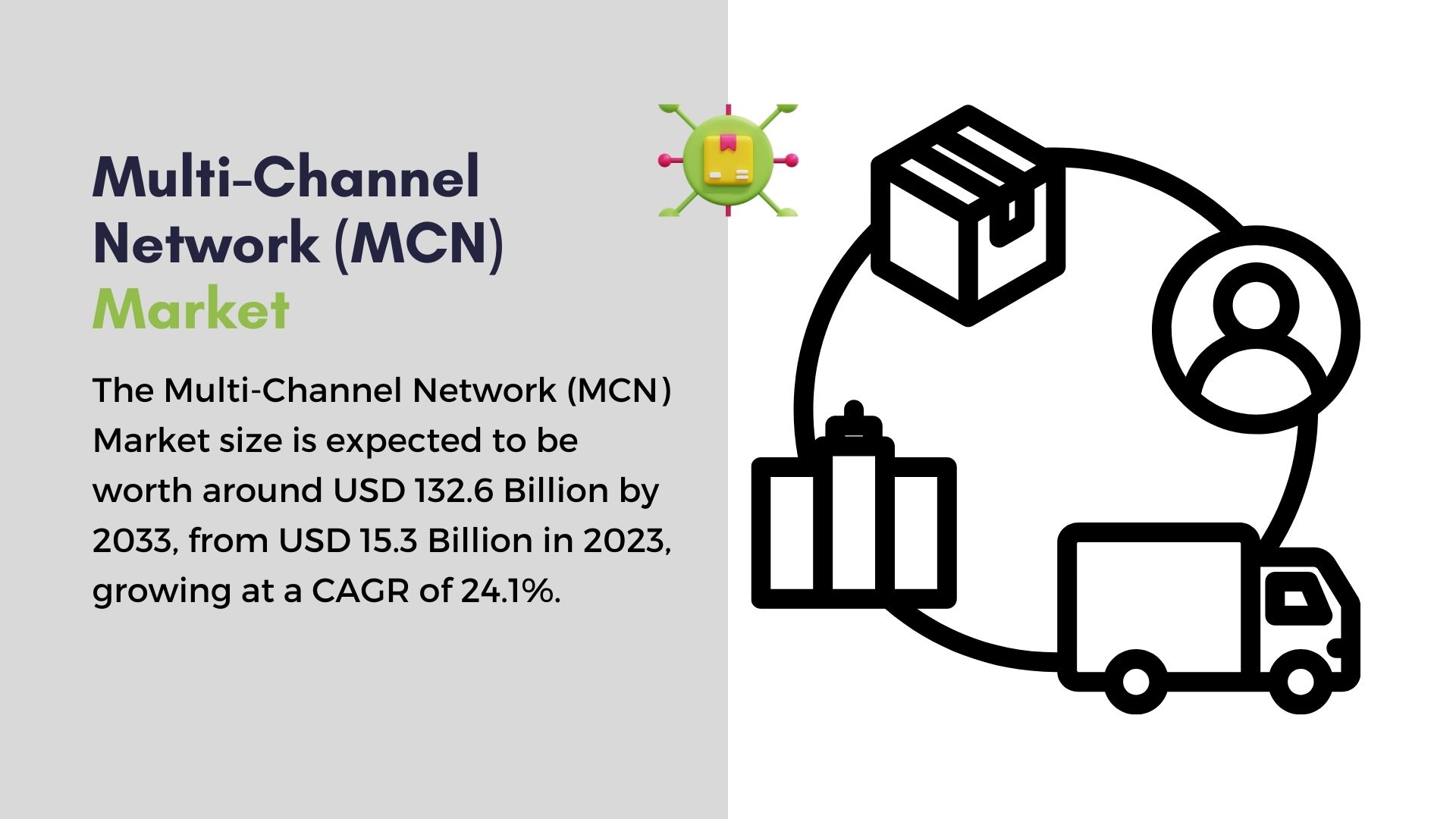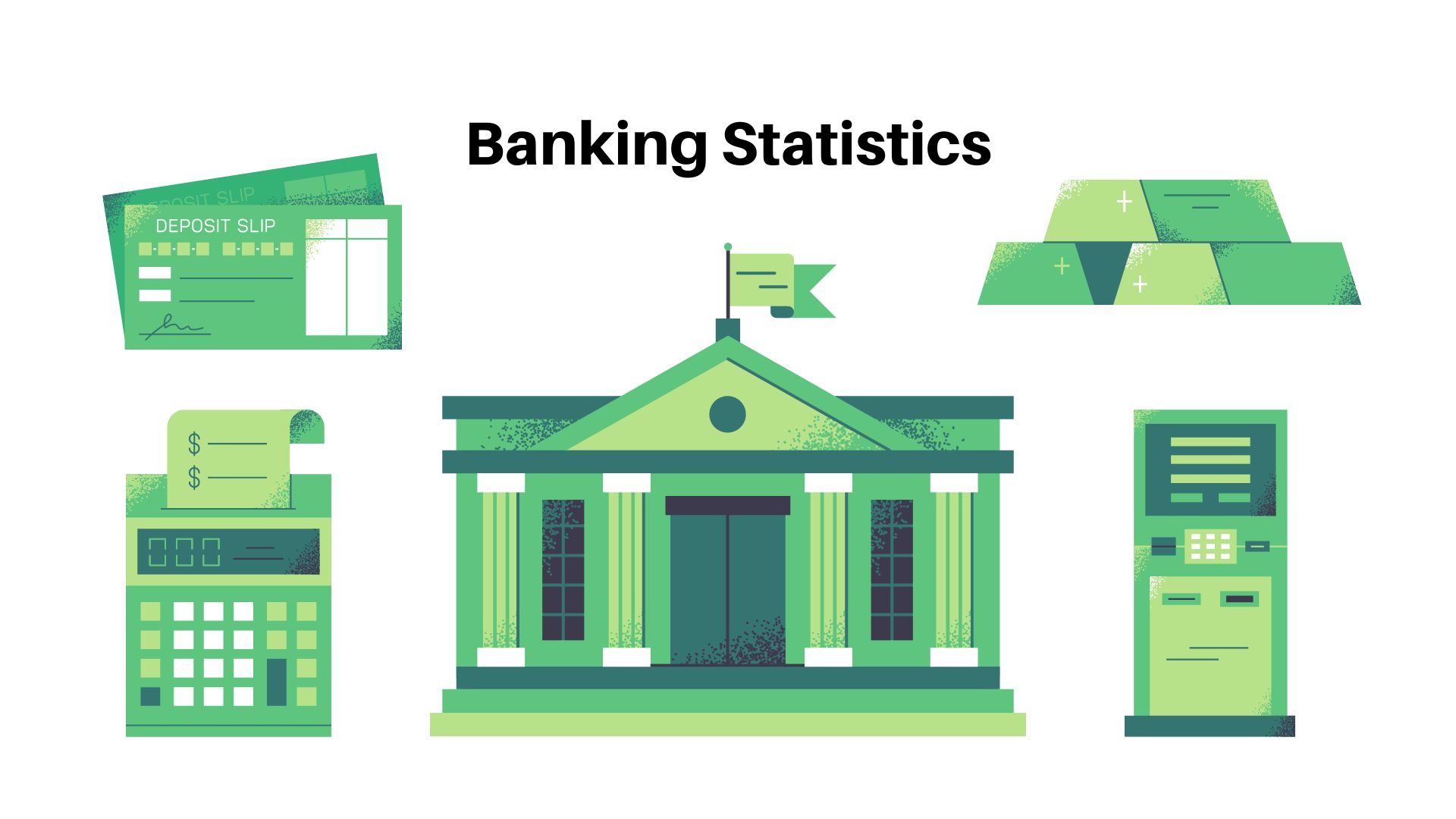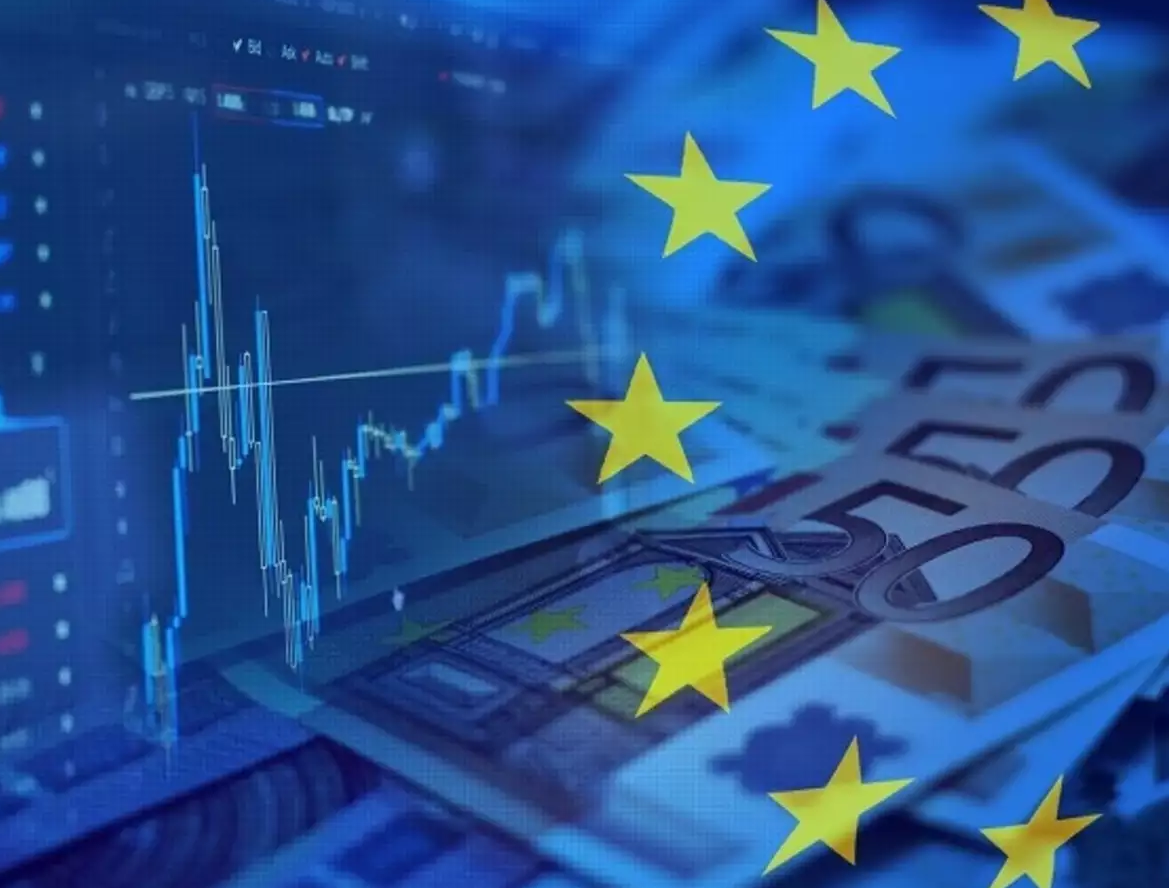The oil market has been strained to a breaking point, with some producers willing to replace Russian barrels, which the US has blocked, and other countries have shunned. The United Arab Emirates has hinted that it may be coming to the rescue.
Yousef Otaiba, United Arab Emirates Ambassador to the US, has told to media that the nation would like to increase the production of oil and will work with the OPEC (Organization of the Petroleum Exporting Countries) cartel to increase the oil supply.
Yousef Al Otaiba’s remarks sent oil prices like a rock on Wednesday. US oil dropped 12 % to just under $109 per barrel. The world’s benchmark, Brent crude oil, dropped by 13% to $111 per barrel. It was the worst single-day drop over two years.
If the UAE can convince its partners to open the spigots, this would be a significant change for the cartel, which decided last week at its summit with allied producers — known as OPEC+ — to stick with the strategy of gradually adding oil to the market, despite the pressure from the developed economies to take a more aggressive approach to reduce prices.
On Wednesday, OPEC+ said that it would increase production by 400,000 barrels per day during April, a tiny part of Russia’s 10million barrels of daily crude oil production. The cartel declared the market “nicely-balanced,” despite oil costs soaring by 30% over the last two weeks.
The Biden administration has banned imports of Russian natural gas and crude oil on Tuesday; however, Europe is a recipient of more Russian oil than the United States has not. However, sanctions against Russian banks and worries about the capability to ship its oil have resulted in an unconfirmed restriction on its energy sector, drastically decreasing the quantity of Russian crude oil supplied to the world market.
Robert Yawger, vice director of energy futures for Mizuho Securities, states to media, “The UAE cracked. They were one of the holdouts.” He also said, “Now, after they have told it, you can be sure that the Saudis will say the exact thing.”
The West has expressed hope to bring in oil from different sources, including OPEC member Venezuela and Iran.
Iran produced roughly 4 million barrels per day before sanctions were imposed. However, the US’s return to a nuclear agreement has proven elusive. The United States has also started talks with Venezuela, whose crude was sanctioned in 2019. But the financially weakened South American country was not producing many barrels of oil before the ban.
However, the organization of the Petroleum Exporting Countries can rapidly increase supply as the UAE and Saudi Arabia have spare production capacity.
Yousef Al Otaiba states, “We believe in increasing production and will encourage OPEC to think about more production levels.”
The UAE Ministry of Energy has not issued a statement, but the country’s embassy in Washington has tweeted Otaiba’s remarks. It is the first sign that an OPEC member might be willing to intervene to keep oil prices from spiraling out of control. Some analysts are concerned that air travelers, drivers, and businesses will begin to shift their purchasing habits if oil prices continue to climb. If oil prices increase significantly, this could damage the world economy.
Yousef Al Otaiba states, ” The United Arab Emirates has been a responsible and reliable energy supplier to the global market for over 50 years.” Also, he said, “he believes that stability in the energy market is vital to the world’s economy.”
Europe will no longer rely on Russia:- The change in tune with OPEC could result from the perception of a unique opportunity. It could wean Europe away from Russian oil and continue purchasing OPEC crude oil.
“The UAE is saying to Kuwait and Saudi Arabia, “Let us utilize our extra capacity so that Europeans do not need to depend on Russia in the future,” states Andy Lipow, the president of the consultancy firm Lipow Associates.
Lipow states that OPEC officials are likely to recall what happened in 2008 when oil prices soared to $145 per barrel. However, it would fall several months later, when the world economy crashed due to economic turmoil.
“This could be a 180-degree change,” said Andy Lipow, about the market’s interpretation of the OPEC’s stance.
The dramatic drop in oil prices has improved the prospects for gas pricing. According to American Automobile Association, the national average hit a new high of $4.25 a gallon on Wednesday, up by 60 cents in a week.
Instead of reaching $4.50 per gallon, Lipow said that current oil prices suggest that the national average could go about $4.35 a gallon.
ABOUT AUTHOR
Over 4 years’ experience in the research industry. Experience with research and consulting projects, catering to domains such as ICT, Health & Pharma, and packaging. Managed projects on both B2B as well as B2C perspectives, which includes consumer preference analysis, interviews with key executives, etc









